Last Updated on July 30, 2021
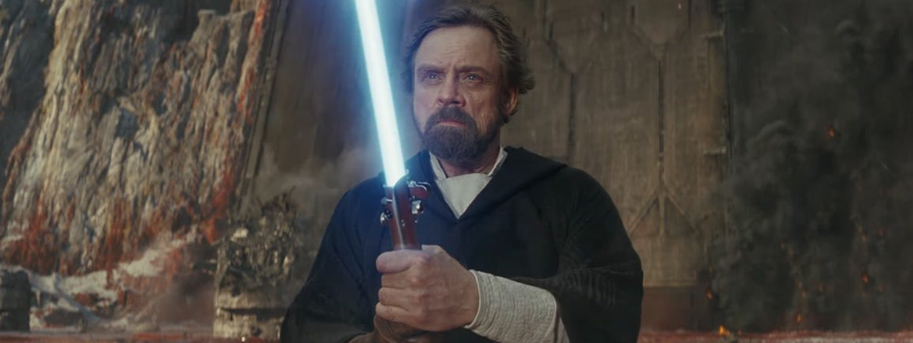
SPOILERS for STAR WARS: THE LAST JEDI below. Although the search for Luke Skywalker (Mark Hamill) was on everyone's mind in STAR WARS: THE FORCE AWAKENS, our first glimpse at Luke in over thirty years was frustratingly brief, arriving with Rey (Daisy Ridley) traveling to Ahch-To in order to present the Jedi with his father's lightsaber. Fans spent the next two years endlessly theorizing on just what Luke had been up to all this time, but not everyone was pleased by the answers which STAR WARS: THE LAST JEDI provided or how Luke Skywalker was portrayed.
Stepping in to defend where Rian Johnson took Luke Skywalker in THE LAST JEDI is Joseph Gordon-Levitt, who penned a lengthy defense of the film on Medium. The actor is quick to acknowledge that his affiliation with Rian Johnson may lead some to believe that he's biased, but Gordon-Levitt insists that he's not speaking for Johnson, who didn't even know he was writing the piece. "I want to be really clear," Gordon-Levitt said. "This is just my own opinion, and in no way do I carry any special authority on this movie. I’m probably biased in its favor, but then again, we’re all biased somehow, so there’s that."
The Luke Skywalker we meet in The Last Jedi is very different than the Luke Skywalker we remember from the original Star Wars movies. In the past, Luke was hopeful, an idealist, deeply driven to venture out into the galaxy, find his destiny, and do the right thing, no matter the cost. Now he’s apathetic, cynical even, hunkered down on an island and seemingly passionate about nothing but his own isolation. He’s wasting his talents on an eccentric day-to-day routine of laughable animal husbandry and death-defying spearfishing. When a young potential Jedi with profound aptitude, Rey, comes to find him seeking a mentor, he literally tosses her lightsaber over his shoulder into the dirt. And later, when facing said youngster in combat, he ends up on his knees, defeated.
And even worse than becoming personally weird and physically weak, he’s become morally questionable. The plot hinges on a moment from the recent past where Luke contemplates killing Ben Solo, his own nephew, in his sleep, sensing the young man’s attraction to the dark side of the Force, and fearful of the damage he might cause. I saw the point made several times that decades earlier, in Return of the Jedi, Luke is so righteous, so forgiving, he even refuses to kill the reprehensibly villainous Darth Vader. Clearly this is an enormous departure.
Gordon-Levitt admits that it would have been the safer choice to bring Luke Skywalker back exactly as he was at the end of RETURN OF THE JEDI, but argues that leaving the character unchanged would have been a huge missed opportunity, as there aren't many of us who would be unaffected by the passage of time. "Think about how rare this is. A trilogy of movies is made with a young protagonist played by an actor in his 20s. Then, no fewer than 40 YEARS LATER (A New Hope came out in 1977) this actor gets to play the same character as an older man." Gordon-Levitt continued. "I don’t know how many times that has ever happened in the history of movies. Has it ever happened?" Discovering that some of the most fundamental qualities of a beloved character have changed with the passage of time is hard to see, but Joseph Gordon-Levitt argues that in the "glaring contrast between the Luke of old and the new Old Luke, The Last Jedi offers a uniquely fascinating portrayal of a man’s life marching inescapably forward."
Speaking as an actor, when I’m considering whether or not I want to play a certain character, I’m always looking for a healthy balance of virtues and shortcomings. Otherwise, it doesn’t feel real. No one is a perfect hero or a perfect villain, we’re more complicated than that, every one of us. Flawless characters feel thin. And forgive me if I blaspheme, but the young Luke Skywalker always did feel just a little light to me, which is why it was so cool this time around to see him fill out into a more imperfect human being.
A flawed main character is one of the main distinctions between a story with substance and a gratuitous spectacle. It’s often through a character overcoming their flaws that a movie can really say something. Yes, when the movie begins, Luke has grown cynical. He’s lost faith in what it means to be a Jedi. He’s let fear of the Dark Side of the Force corner him into isolation and inaction. But he needs to start there, so that he can overcome this grave deficit.
How do you feel about how STAR WARS: THE LAST JEDI treated Luke Skywalker?







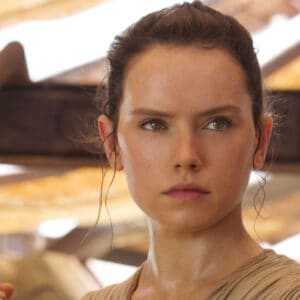

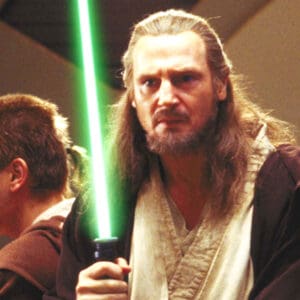



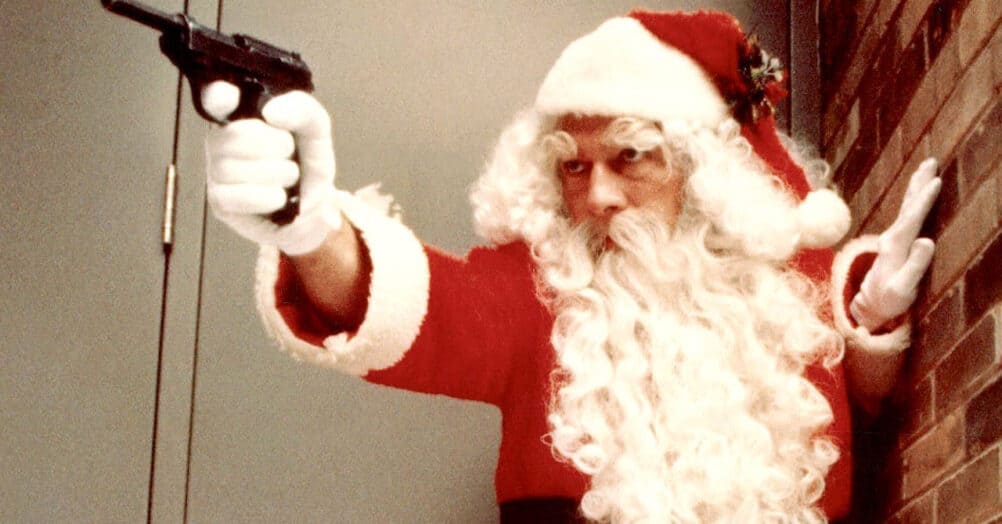

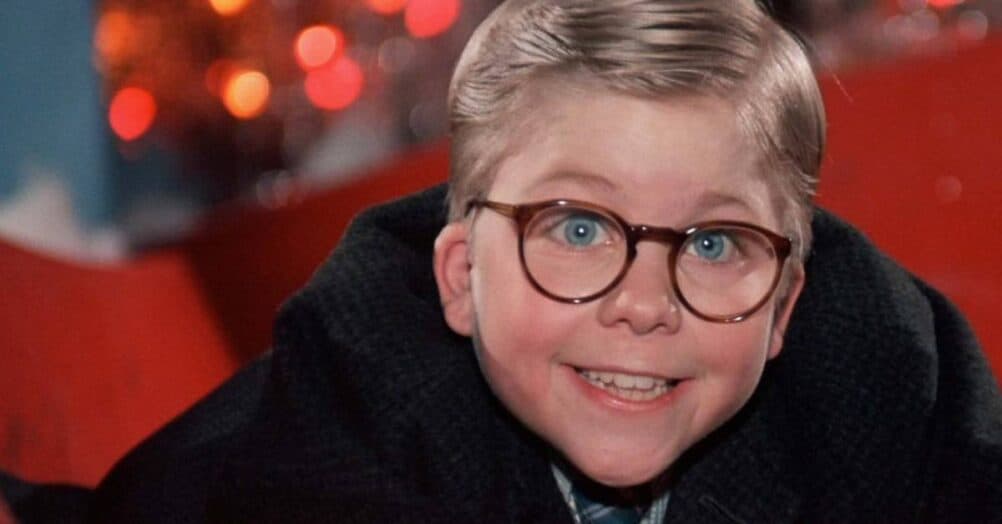




Follow the JOBLO MOVIE NETWORK
Follow us on YOUTUBE
Follow ARROW IN THE HEAD
Follow AITH on YOUTUBE